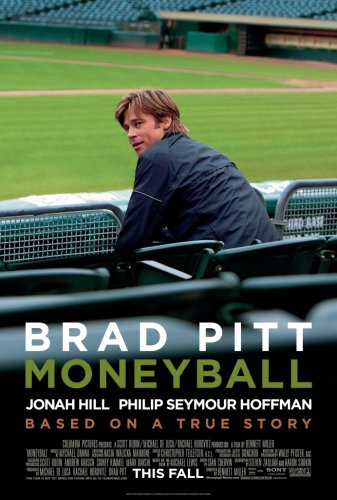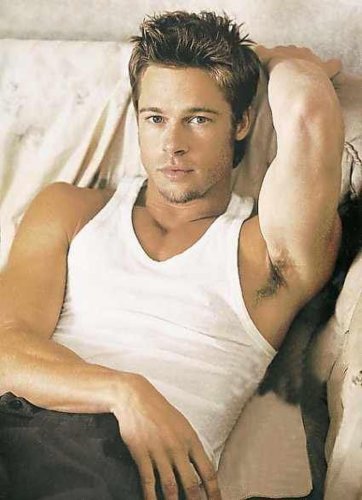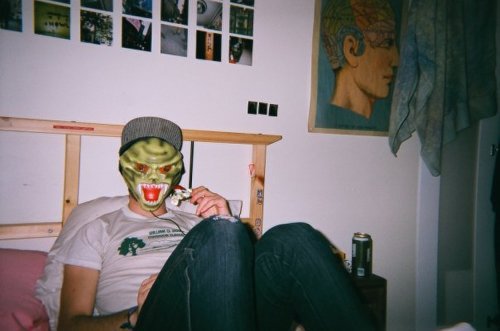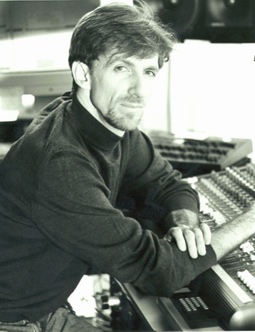| Fecha | Área | Bruto |
|---|---|---|
| 29 January 2012 | USA | USD 75,605,492 |
| 22 January 2012 | USA | USD 75,524,658 |
| 15 January 2012 | USA | USD 75,440,944 |
| 8 January 2012 | USA | USD 75,267,105 |
| 1 January 2012 | USA | USD 75,016,059 |
| 18 December 2011 | USA | USD 74,317,363 |
| 11 December 2011 | USA | USD 74,176,912 |
| 4 December 2011 | USA | USD 73,787,485 |
| 20 November 2011 | USA | USD 72,641,291 |
| 13 November 2011 | USA | USD 71,857,836 |
| 6 November 2011 | USA | USD 70,213,831 |
| 30 October 2011 | USA | USD 67,408,099 |
| 23 October 2011 | USA | USD 63,640,746 |
| 16 October 2011 | USA | USD 57,668,988 |
| 9 October 2011 | USA | USD 49,207,167 |
| 2 October 2011 | USA | USD 38,000,130 |
| 25 September 2011 | USA | USD 19,501,302 |
| 2 February 2012 | Worldwide | USD 110,206,216 |
| 12 February 2012 | Italy | EUR 245,692 |
| 5 February 2012 | Italy | EUR 188,778 |
| 29 January 2012 | Italy | EUR 102,790 |
| Fecha | Área | Bruto | Pantalla |
|---|---|---|---|
| 25 September 2011 | USA | USD 19,501,302 | 2993 |
| 29 January 2012 | Italy | EUR 102,790 | 42 |
| Fecha | Área | Bruto | Pantalla |
|---|---|---|---|
| 29 January 2012 | USA | USD 50,233 | 81 |
| 22 January 2012 | USA | USD 58,697 | 110 |
| 15 January 2012 | USA | USD 78,478 | 128 |
| 8 January 2012 | USA | USD 167,252 | 231 |
| 1 January 2012 | USA | USD 205,193 | 250 |
| 18 December 2011 | USA | USD 75,535 | 98 |
| 11 December 2011 | USA | USD 150,309 | 208 |
| 4 December 2011 | USA | USD 570,147 | 1,004 |
| 20 November 2011 | USA | USD 512,387 | 409 |
| 13 November 2011 | USA | USD 1,066,267 | 813 |
| 6 November 2011 | USA | USD 1,786,441 | 1,278 |
| 30 October 2011 | USA | USD 2,387,049 | 1,631 |
| 23 October 2011 | USA | USD 3,981,852 | 2,353 |
| 16 October 2011 | USA | USD 5,456,730 | 2,840 |
| 9 October 2011 | USA | USD 7,453,989 | 3,018 |
| 2 October 2011 | USA | USD 12,031,592 | 2,993 |
| 25 September 2011 | USA | USD 19,501,302 | 2,993 |
| 12 February 2012 | Italy | EUR 30,965 | 30 |
| 5 February 2012 | Italy | EUR 55,144 | 37 |
| 29 January 2012 | Italy | EUR 102,790 | 42 |





.jpg)


.jpg)









.jpg)



.jpg)








